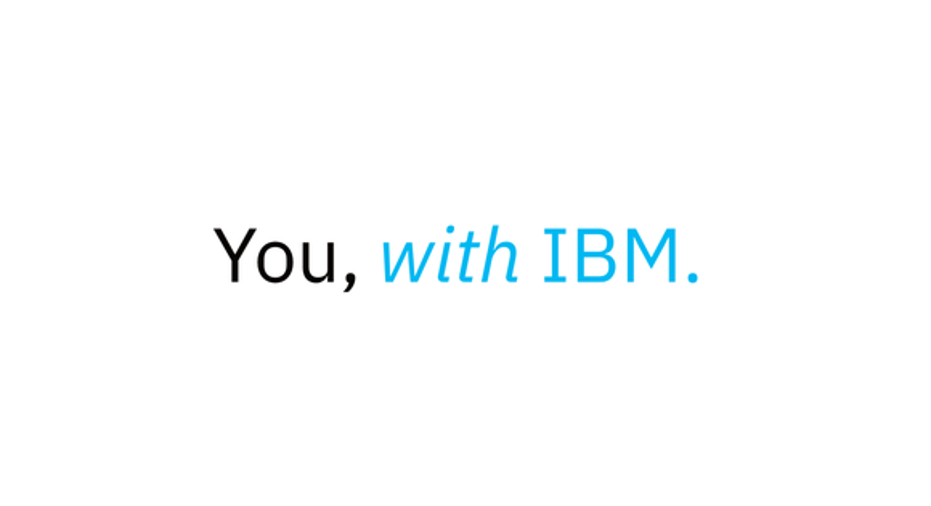How IBM Is Getting In on the Cloud in China

IBM (NYSE: IBM) recently announced it was partnering with China's Dalian Wanda Group to form a joint venture called The Wanda Cloud Company. This is a big deal -- both figuratively and literally, as Dalian Wanda is one of China's largest conglomerates. The company reported 2015 revenues of RMB 290 billion, or roughly $42 billion dollars. Its primary businesses are real estate, culture (sports, film, and entertainment), and finance. The company also had a technology arm, which it is spinning into the new company in partnership with IBM.
It appears that both partners could benefit from the deal. Wanda will enter the huge and growing cloud computing market, via both platform-as-a-service (PaaS) and infrastructure-as-a-service (IaaS). IBM will have its technology, including Watson and blockchain technology, distributed through Wanda's data centers and service providers.
Image source: IBM.
The beginning of a beautiful friendship?
According to a recent Gartner report, the public cloud services market is forecast to grow 18% this year, from $209 billion to $246 billion, with the IaaS and PaaS subgroups growing at even higher rates. According to the U.S. International Trade Administration, the Chinese cloud computing market is expected to grow even faster, at 40% per year through 2020, reaching $20 billion. Currently, Alibaba has an estimated 40% cloud market share in China. This is a large and growing market, with lots of money at stake, and it makes sense that a large company like Wanda would want a piece of it.
The deal also seems beneficial to IBM, which will gain a stronger foothold in China. China can be hostile to U.S. tech companies, as it is trying to develop its own tech sector, and also has concerns about security issues surrounding foreign technology.
U.S. businesses that have been able to successfully enter China are either not in the tech business, such as Starbucks, or, like GM, have partnered with local Chinese companies. In 2016, China passed restrictions on U.S. cloud providers, which can no longer use their own trademarks and brands in the country. Taking a page out of GM's playbook, IBM is licensing its technology to Wanda, which will be its face in China.
Though IBM has long served multinational companies in the region, it will now gain access to the start-up sector in China, where it's estimated 12,000 start-ups are created every day. These entrepreneurs will have access to IBM technologies including IBM Cloud, Watson, and blockchain. These tools fit very well with China's "Internet Plus" initiative, launched in 2015, through which the country hopes to promote local entrepreneurs to compete on the global stage.
Financial details are lacking
The new company is set to go live in 2018. Financial terms were not disclosed, so it is unclear how much IBM could make from the deal. One interesting wrinkle is that IBM will also be the cloud vendor for Wanda's other businesses, so Wanda will be a customer as well as a partner.
Despite the lack of details, IBM's high-profile partnership in this huge and high-growth Chinese market is a promising sign for its cloud segment. While IBM's total revenue was down again in 2016, its cloud revenue grew 35% in 2016, with cloud-as-a-service up an even greater 55%. This new partnership should help continue that growth, which is essential for IBM to emerge from its multiyear turnaround as a genuine growth company.
10 stocks we like better than IBMWhen investing geniuses David and Tom Gardner have a stock tip, it can pay to listen. After all, the newsletter they have run for over a decade, Motley Fool Stock Advisor, has tripled the market.*
David and Tom just revealed what they believe are the 10 best stocks for investors to buy right now... and IBM wasn't one of them! That's right -- they think these 10 stocks are even better buys.
Click here to learn about these picks!
*Stock Advisor returns as of February 6, 2017
Billy Duberstein owns shares of IBM and Starbucks. The Motley Fool owns shares of and recommends Gartner and Starbucks. The Motley Fool has a disclosure policy.



















